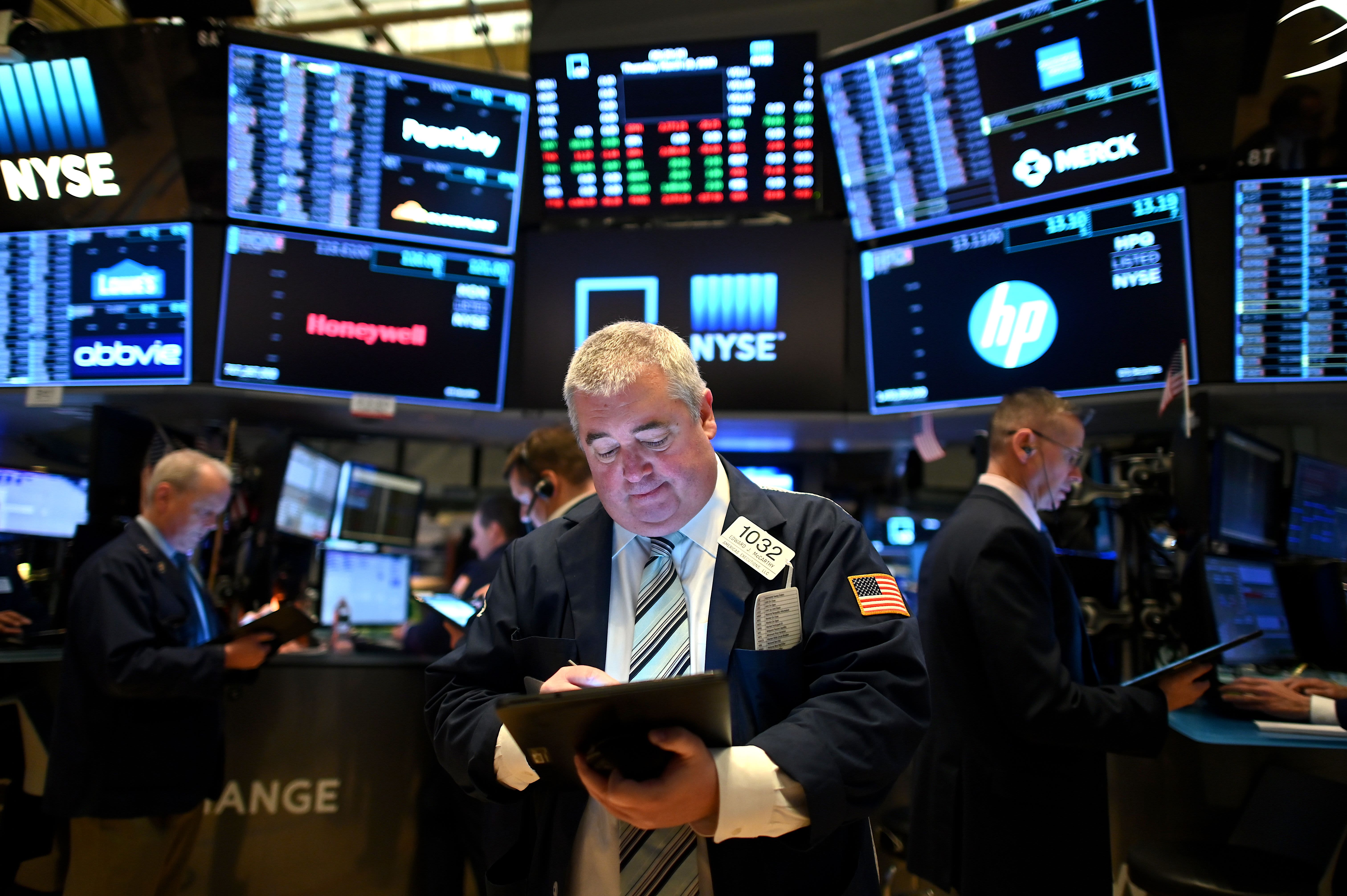A pronounced economic slump sparked by the coronavirus outbreak has imperiled a popular investment strategy: buying dividend stocks.
These stocks have traditionally been highly coveted during periods of market turbulence because they provide shareholders a dividend or a guaranteed return, typically paid out annually out of the company’s profits or reserves.
That investment approach is now floundering due to the coronavirus pandemic as many companies have suspended dividend payments and scrambled to conserve cash given that their revenues have evaporated and swooning financial markets have fueled worries over their ability to repay debt.
Investors are concerned.
“Companies with high sustainable cash flow, in traditional yielding sectors such as telecom, infrastructure & real estate investment trusts, are not expected to cut dividends, so when they do, it is a shock to investors,” Sat Duhra, co-fund manager Asian dividend income strategy at asset manager Janus Henderson told CNBC.
In the last few days, large financial institutions such as HSBC and Standard Chartered have cancelled plans to make dividend payments for 2020. Airbus and Rolls Royce have decided to do the same.
Energy behemoths such as Exxon Mobile and Royal Dutch, which have paid generous dividends in the past, are resorting to cuts in capital spending and raising additional funds, just to keep their dividend promises.
The spotlight is on U.S. banks next. After the Reserve Bank of New Zealand asked banks in the country to put dividends on hold, Australia’s financial regulator followed suit by pushing local banks to do the same.
UK banks have halted payments and there are growing concerns that U.S. banks may cut dividends too.
Duhra of Janus Henderson told CNBC that he has reduced allocations to both energy & banks recently for a number of reasons, including worries around companies’ ability to pay dividends.
The same view holds for real estate investment trusts or REITS in Singapore that were dividend darlings until recently.
“This sector is a now a real concern with respect to dividends, and anything with exposure to retail and hospitality will continue to face pressure. We have sold any exposure to these areas. Singapore REITs have not shown the defensive qualities expected by investors and there may be further stress if dividends do indeed get cut. This is not currently a sector we are looking to add to.”
Given the spate of dividend suspensions, some investors are voicing their displeasure. HSBC investors have called for an extraordinary general meeting to explore options for action against the bank for culling its dividend due this year, the Financial Times reported.
Still, investors may have limited options to extract payouts from companies that have decided to suspend dividends.
Janus Henderson’s Duhra said the dividend policy of a company is at the discretion of the board and it is unusual for companies to guarantee dividends.
“Dividends tend to be linked to earnings”, he said, “which gives companies room to reduce dividends if profits fall sharply.”
As per Janus Henderson’s global dividend index report published late February, companies in Japan and the U.S. ranked the highest in terms of delivering high dividend growth to shareholders in the last decade.
Companies in Europe lagged their global peers while those in Singapore, Hong Kong, Canada did well in 2019.
Oil dividends rose the fastest in 2019 with technology being the leader in dividend payments in the last 10 years.
While large swathes of financial markets have been rumbled, dividend stocks in select sectors still offer potential to investors, according to Credit Suisse, which believes that investor concerns relate to the ability to pay, the willingness to pay and the potential for dividend delays.
While recognizing the current economic realities, the bank is recommending greater exposure to consumer staples, healthcare, real estate and telecom stocks.
Credit Suisse has recently added companies such as Sanofi, BAE Systems, Philip Morris and Elisa to its conviction list while removing big names like Blackrock and BP due to concerns over the sectors they represent.
